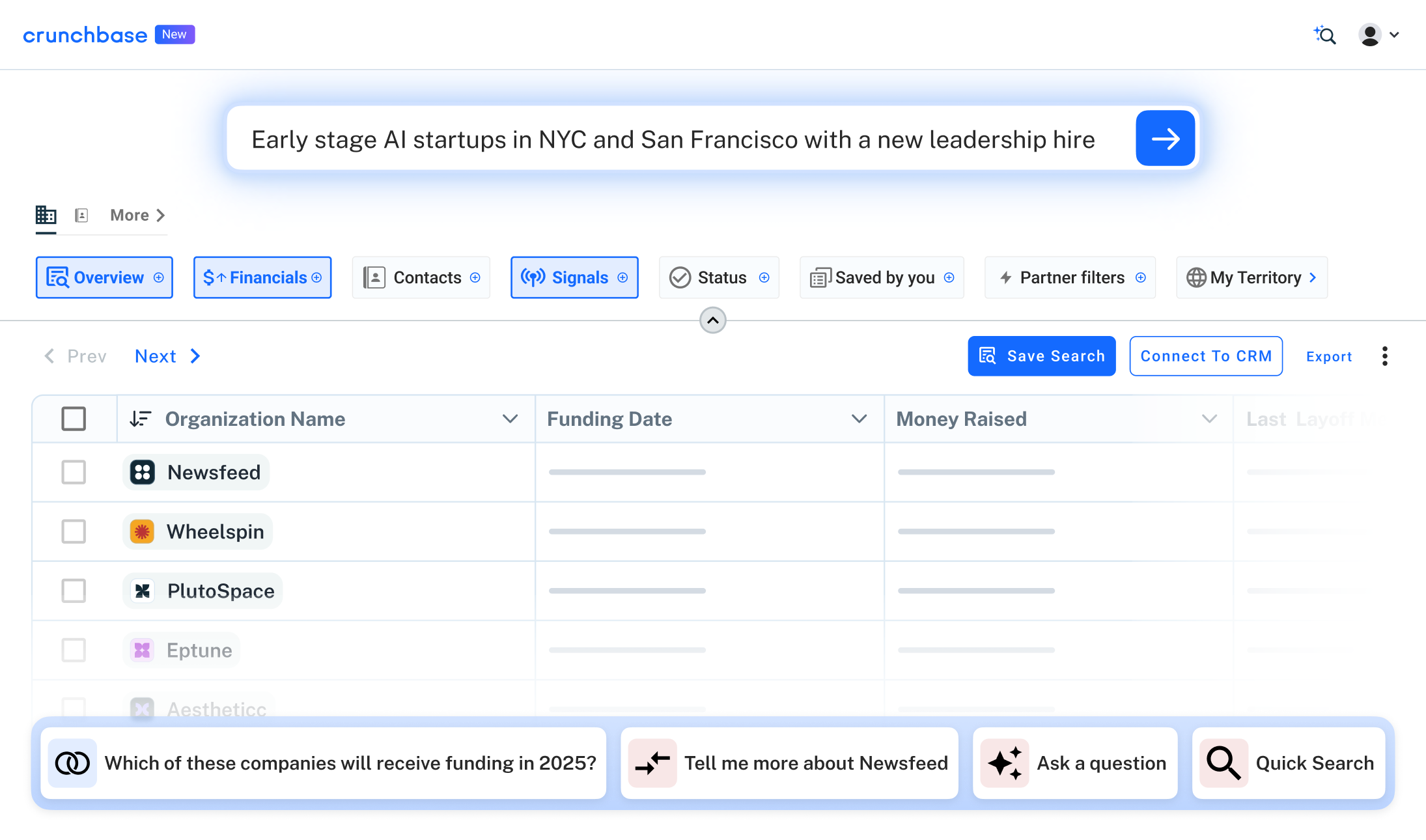The Crunchbase “Investor Spotlight Series” is comprised of stories, Q&As and thought-leadership pieces from investors making a difference in the venture capital ecosystem.
Ellen Ma, managing director at UpHonest Capital, leverages her startup and investment expertise to fund the next generation of high-impact Chinese and Chinese-American founders. She was recently listed on Forbes’ 30 Under 30 for Venture Capital.
Ma’s trajectory continues to soar with UpHonest, a global fund identifying and investing in the next wave of early-stage startups in consumer, enterprise and deep-tech.
In this Q&A, Ma dives into the root of her passion for VC and the pillars of UpHonest’s approach to investing. She also breaks down the values that drive her work and how community is integral to fortifying investment relationships.
Q: Who are you and how did you wind up in venture capital?
I’m originally from China but I moved to the U.S. for educational purposes. During my university years, I got into the venture world by organizing tech events for Chinese-American venture communities. The community aimed to bridge information gaps between immigrant founders and the U.S. tech ecosystem.
After I graduated from UCLA, I got together with friends from the community to build our own venture fund. We started in 2016 with roughly $2 million, raised from new immigrants in the LA area. We identified a capital gap in the earliest stage in LA and wanted to bridge it. Our first major investment was with Paypal Honey (formerly known as Honey). We met Honey’s cofounder through the venture community, and that continued to pave the way for our future investments, including Outer and Next Trucking.
Q: What are your criteria for founders and investments?
When searching for great founders and investments, I typically look for three main factors. I call them the three “core capabilities.”
- First, I look at one’s personal attributes. I ask myself: Does this person have an aptitude for learning? How quickly can they retain and absorb information? Do they have charisma? Are they determined and good at attracting other great talent?
- Second, I consider founder-market fit. I’ll look at their network and performance history. It’s important for me to see this person within a community that’s committed to supporting them and offering guidance, while still being able to lead in team dynamics.
- Finally, I look at the market, weighing how the product meets the market’s needs and whether it’s a good time for this company to exist.
Q: How have you matured over the years as an investor?
My decision-making entails a lot more depth today than it used to. At first, I would make my investments based on founder meetings and risk tolerance. I now consider myself to be a lot more systemic and constructive. For instance, after a few years in the venture space, our team shifted our strategy and built an in-house knowledge team to help us with market-level research. We break these observations into categories to better analyze the whole market picture. This addition has helped us make far more calculated long-term decisions and solidify our investment theses.
Q: What was the original investing thesis behind UpHonest?
Our original thesis was to invest and build a founder’s network that can support and help its members, and that led to our current 400+ portfolio companies. With our latest fund, we are doubling down on our network and investing bigger checks.
That shift wouldn’t have happened without the learned experiences from our previous two funds. We grew internally as a team and as a fund. It fortified our relationships with founders and introduced us to new co-investment networks.
In other words: Our latest fund is a product of that historic progress. With our newest project and our growing network, we can remain selective, focusing on writing bigger checks while investing in fewer companies. For example, we recently invested in MoeGo, a fintech company for offline pet services. We’ll be sitting on the board for the first time, offering visibility on information overflow, and dedicating our selective attention to the company.
Q: Why did you choose to focus UpHonest on immigrant founders?
I believe many immigrant founders have limited access to capital in the early stages due to facets such as not being well-networked or simply having to contend with a language barrier. My personal and professional goal is to help founders find their footing in this business realm by bridging that gap and supporting capable, talented founders early on—before they appear attractive to the mainstream capital market.
Q: In 5–10 years, where do you see UpHonest as a generational fund?
We have a cross-border team with some members in the U.S. and some in Asia. Our teammates in Asia source deals, mainly from founders who studied in the United States and then returned to Asia. Our U.S. teammates source local deals, particularly with immigrant founders. In the next few years, I hope UpHonest will have expanded our global boundaries, focusing our progression not only on our specific demographic but on immigrant founders at large.
.svg)




.png)


